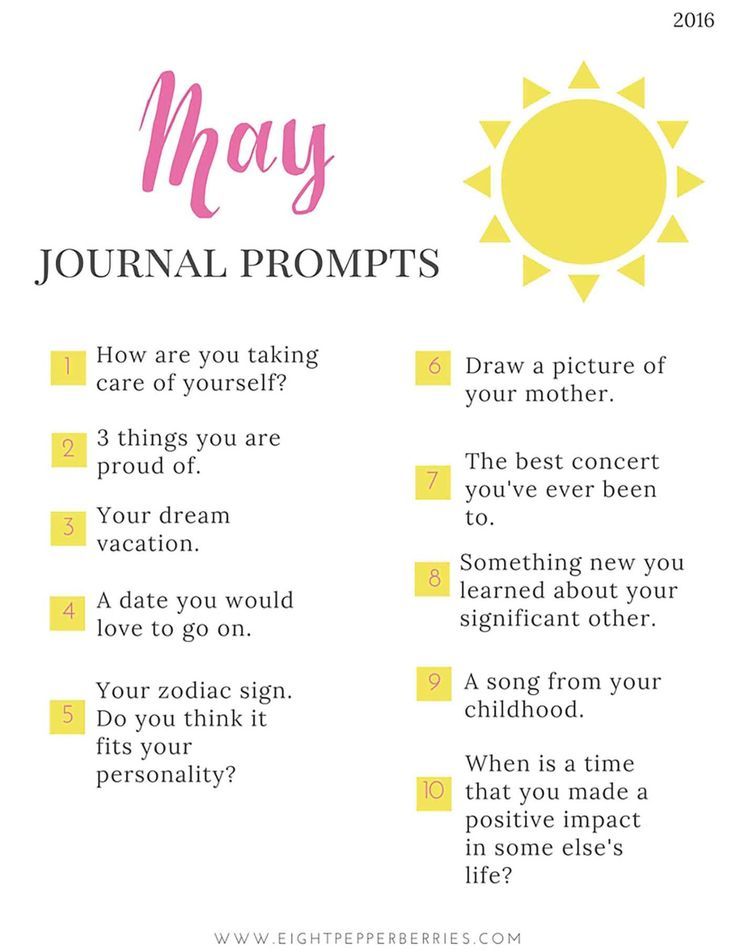Creative journaling prompts
20 Journaling Prompts for Writers to Spark Creativity
by Robyn Roste | Oct 12, 2021
Since I could write, I have kept a journal. I’d write down everything from thoughts about the day to goals and to-do lists. Over the years my journals changed forms from a “Dear Diary” style to a book filled with story ideas. Whenever I think about journal prompts for writers, I’m reminded of these sweet times when I would be hit with inspiration while sitting around, waiting for a train or reflecting on a memory.
Although much of my musing and hastily-scrawled notes were unfit for public viewing, I’m also forever amazed at how the simple act of free writing can unlock creativity in a way nothing else seems to.
However, once I started writing for a living, my creative journaling fell by the wayside. It wasn’t intentional, and it was always something I meant to get back into, but as writing became more work than fun, these special moments of inspiration seemed to dry up.
My experience with structured writing and journaling prompts
In an effort to reignite my creative flame, I decided to attend a writing retreat where the focus was on writing for yourself and discovering possibilities. Sounds nice, right? I had been to many conferences but they were more practical and work-related. I wasn’t sure what to expect.
During our first session at the retreat, we were asked to write five words or phrases on slips of paper and then put them in a hat. At each subsequent session we’d draw one of the prompts and spend 15 minutes free writing, inspired by whatever was written on that piece of paper. No prep, no overthinking. Just a pen, a notebook, and a time limit.
Even though I was out of practice, it felt great to write for writing’s sake. There was no pressure; this was nothing other than a warm up for the rest of the day.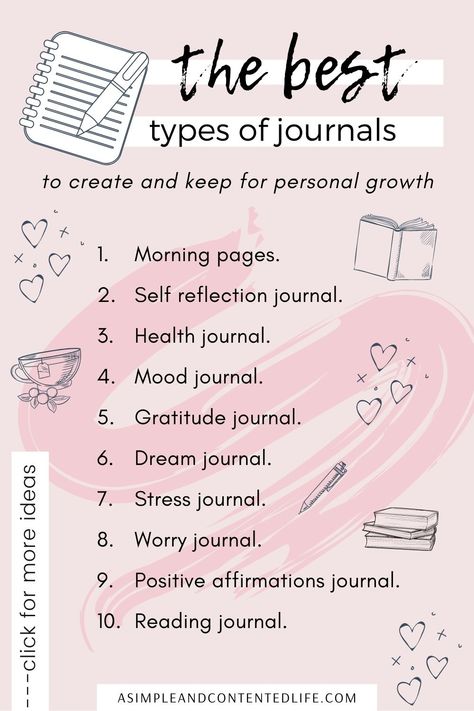
While it was nice to do this in a group setting, focused journaling is also helpful for writers to practice on their own. And using prompts is helpful if you don’t feel like you have a lot to say. It’s a judgment-free zone—launch from the prompt and capture whatever comes to mind. Keep going until the timer buzzes or until you feel like your story is complete. There’s no wrong way to keep a journal and while it doesn’t work for everyone, this can be a great way to work through writing blocks, perfectionism and overthinking. Get those kinks out in the journal and then get back to your big projects invigorated and inspired.
20 journaling prompts for writers
Here are 20 journaling prompts to help you tap into your creativity and get your words flowing. Choose one from the list that resonates with you, or allow this list to spark a new prompt. The main idea is to get you writing so go down the list in order, or do it another way. Whatever works!
Question and answer
1.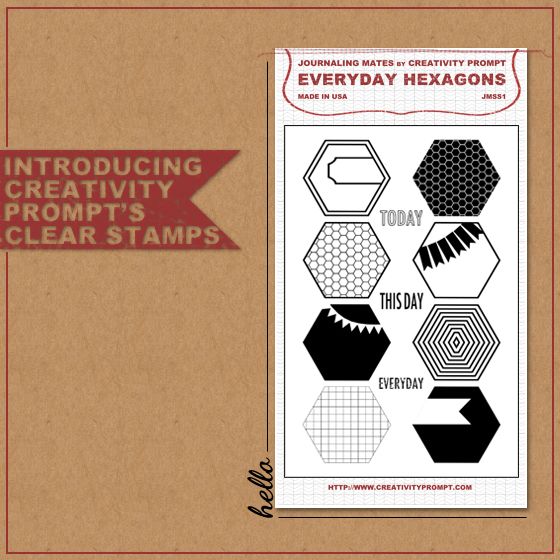 If you could invent something to make your life easier, how would it work and what would it do?
If you could invent something to make your life easier, how would it work and what would it do?
2. What does love look like? What does it feel like?
3. Who do you look up to and why?
4. What’s one lesson you’ve learned the hard way?
5. Donating time or money—which do you prefer and why?
Descriptive
1. Describe something beautiful
2. Write about a time you were truly happy
3. Describe your ideal home in as much detail as you can
4. Write about your best friend and how you met
5. Write about a treasured memory and what makes it so special
Inspiration
1. Skim the headlines from your local newspaper or news site. What captures your attention? Why? Write about that
2. The next time you’re out, pay attention to the nametags of people working in stores or restaurants. Write an imagined life for one or more of them
3. Look out your window and write about what you observe. Use it as a launching point or stick to facts, wherever your pen takes you
4.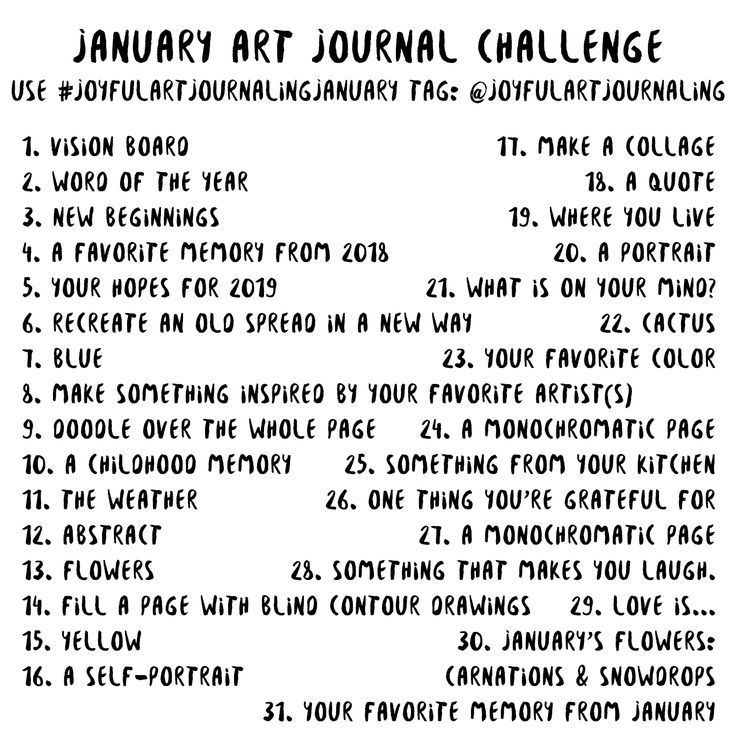 Think about yourself, your relationships, your career, etc. What’s something you would like to change? Write about how you would change it if you could
Think about yourself, your relationships, your career, etc. What’s something you would like to change? Write about how you would change it if you could
5. Is there someone you’d like to thank but can’t for some reason? Write a letter to that person, even if you never send it
General Themes
1. Forgiveness
2. Love
3. Hope
4. Survival
5. Honor
128 Creative Writing Prompts (Updated!) • JournalBuddies.com
Creative Writing Prompts is newly updated (August 2022)— Hooray! Here you will discover loads of fun, fabulous creative writing prompts and ideas for writers of all ages and stages of life.
Best of all, this list of ideas has been updated and EXPANDED from 63 ideas to 128 wonderful creative writing prompts. Wow! Take a look because guaranteed there are some ideas here that you are going to LOVE!
Yes!
Table of Contents
- Get Inspired by Creative Writing Prompts
- 63 Creative Writing Prompts for Everyone!
- 65 Fabulous Creative Writing Prompts for Younger Writers
- Igniting Inspiration and Creativity in Your Writers
- Links to More Creative Prompts & Resources
- A Few Brief Thoughts on Creative Journaling (with Students)
To write creatively requires plenty of imagination, dedication, and practice.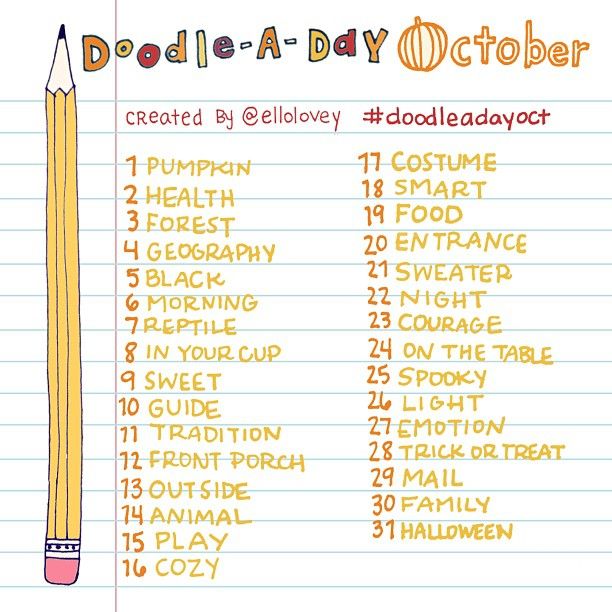 When a writer wants to develop their skill in this writing genre, it will take some time to practice and refine their writing abilities.
When a writer wants to develop their skill in this writing genre, it will take some time to practice and refine their writing abilities.
Get Inspired by Creative Writing Prompts
Creative writing is not just about providing information but it also involves the art of writing with powerful emotions, engaging ideas, and deep thoughts.
Writing in this style entails feelings and free thinking and it involves personal style. Writing creatively is very much about the writers and how they choose to express themselves while effectively conveying their creative ideas and stories to readers.
Below there are loads of creative writing prompts to help all aspiring writers — including young ones — improve their creative writing skills.
With our two lists of fun, playful, and creative writing prompts to spark the imagination and get the creative juices flowing, writers of all ages will be able to refine and deepen their creative writing skills and ability in no time.

Ok, get inspired now and enjoy!
63 Creative Writing Prompts for Everyone!
This list was originally in a series of creative writing prompts. We moved it here so you could find it more easily. With so many fabulous creative writing prompts and ideas to choose from there truly is something for everyone to write about on this list. Explore and enjoy!
- How will people travel in the future?
- Are you more like your mom or your dad?
- How would you describe love?
- Write a story about a princess and a magical bicycle.
- Write a story about someone who overcomes a fear.
- Write a rhyming poem about poems.
- If you got trapped at the zoo, what would you do?
- What would it be like to go skydiving? Would you ever try it?
- Why are you lucky to have an imagination?
- What does it mean to be successful?
- If you could make up a sport, how would it be played?
- What is your favorite thing about your family?
- Describe your grandparents’ house.
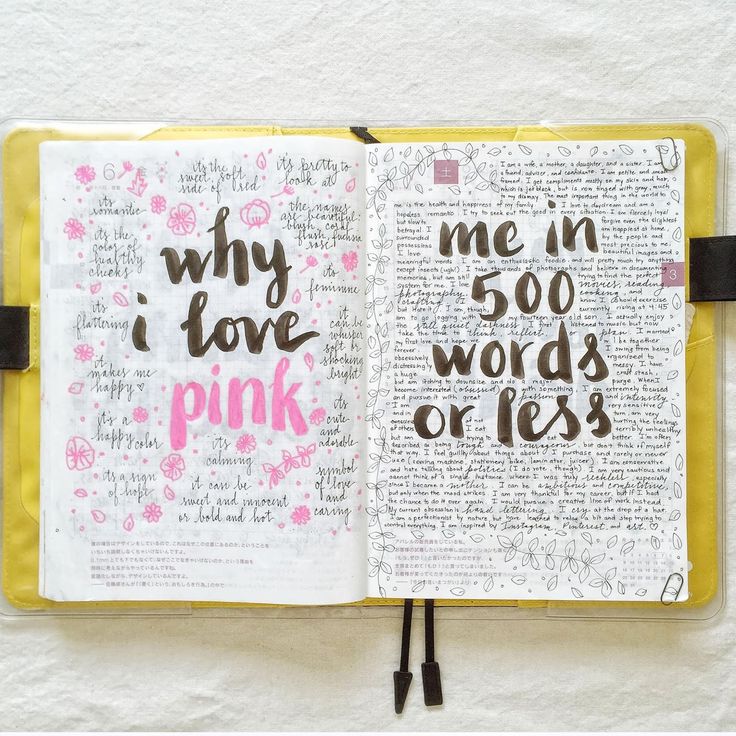
- What is the best dessert in the world?
- How does it feel when someone shares a secret with you?
- Write a funny story about an alien abduction.
- Are there any foods that you absolutely will not eat? Why?
- What are you looking forward to doing in high school?
- Who is your favorite singer? Why do you like him or her?
- Write a poem about your favorite flower.
- What are three things that make you unique?
- What is the best lesson you’ve ever learned outside of school?
- How do you feel when you hear stories about people living in poor countries?
- What is your favorite kind of animal?
- Do you believe in ghosts?
- How do you feel when you laugh?
- Write a short story about a dog and cat who are best friends.
- If you had three wishes, what would you choose?
- What do you think the clouds are made of?
- Write about a time when you were embarrassed until someone made you feel better.

- Have you ever taken martial arts classes? Would you ever want to?
- Write a poem about your favorite place in the world.
- Write about a time when you learned something that you thought you already knew.
- What was your first word as a baby? Do your parents tell you funny stories about yourself?
- Do you have a cell phone? Why or why not?
- Write a story about your pet taking an adventure after you’ve left the house.
- What is your favorite carnival ride?
- Have you ever flown on an airplane? What was it like?
- Why do countries go to war?
- How do you feel when the leaves change?
- If you were a professional singer, what genre would you sing?
- Have you ever had a scary dream and laughed about it later?
- Write a poem about fall.
- What was your favorite toy as a kid?
- If you could be a dinosaur, which kind would you be?
- What is your favorite thing to do outside?
- Write about a memory that makes you happy.
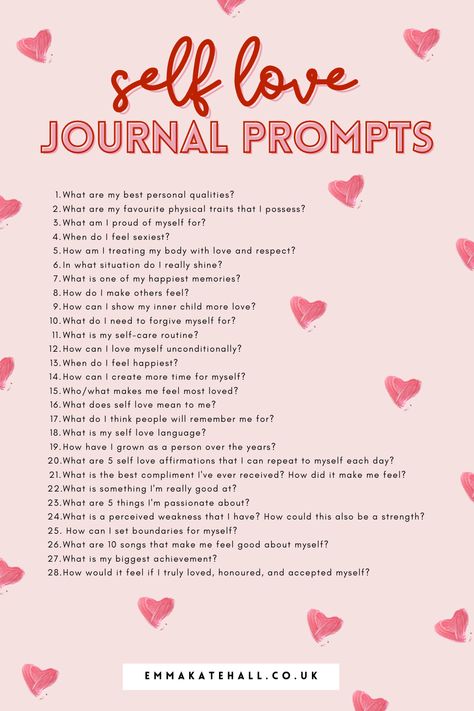
- How can you give back to your community?
- What would it be like to live on the moon?
- Do you prefer chess or checkers?
- How does it feel to miss someone or something?
- Write about the best party you’ve ever been to.
- What is life all about?
- If you could visit any single new city in the world, where would you go?
- What is your favorite household chore?
- Would you rather visit a mountain or a beach?
- Write about a secret that you’ve never shared.
- What is the best feeling in the world?
- What is the worst feeling in the world?
- If you could take any three celebrities to lunch, who would you choose? Where would you eat?
- What is something that you always have with you?
- Who do you trust more than anyone else?
- Is love or hate stronger?
We hope you and your writers enjoyed this list of writing ideas. Now… check out this!
65 Fabulous Creative Writing Prompts for Younger Writers
Special note for teachers: No matter what grade you teach or which subject area you specialize in, you can use these creative writing prompts to keep your students inspired and motivated to write.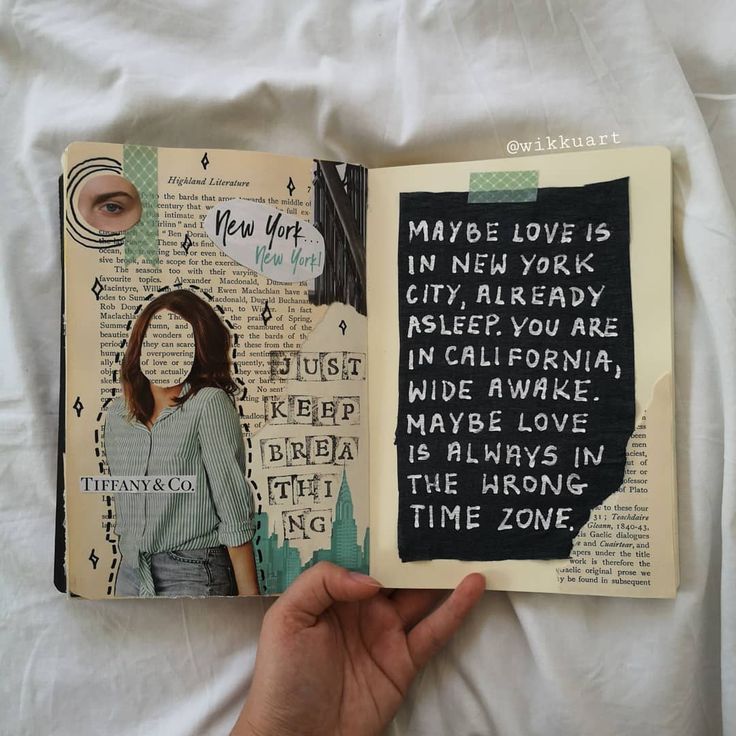
From elementary to middle school, high school students and teenagers and adults, our wonderful list of creative prompts are sure to get a writer’s creative juices flowing. Fuel your writer’s curiosity with this bonus list of 65 more creative writing prompts .
- If you could build a dream house, what rooms would it have?
- Write a story about going on an adventure with your best friend.
- Who has the best job in the world?
- Where do you get your best ideas?
- Do women today have equal rights with men?
- Have you ever volunteered to help someone? What did you do?
- What is your favorite thing to write?
- Imagine that you are stuck inside a TV. What will you do? What shows would you visit?
- What would you do if you won the lottery?
- Would you rather be an animal or a toy?
- What is the most important thing you’ve learned in school?
- If you invented a celebration dance, what would it be called? What would it look like?
- Do you want to get married someday? Why or why not?
- What does it mean to be an optimist?
- Do you consider yourself to be an optimist or a pessimist?
- If you designed a video game, what would it be called?
- What is an issue that our world needs to work on?
- What is the last movie you saw in a theater?
- If you could learn any language, which one would you choose?
- What is your birthstone? Does it represent your personality well?
- What are three things that you could never live without?
- What is your favorite food?
- Who is your favorite actor?
- Which type of natural disaster is the scariest?
- Would you rather be really big or really tiny?
- Do you think you’ll go to college someday? Why or why not?
- What is your favorite thing to do on vacation?
- If your pet could talk, what would he or she say?
- Do you ever donate money to people in need?
- If you had an invisible magic helper, what would you have him or her do?
- Write about a time when you shared with someone.

- What is the best decision you ever made?
- If you were a movie director, what kind of movies would you make?
- What is your favorite holiday? Why?
- If you could do anything right now, what would you do?
- If you hosted a radio show, what would it be called?
- Write a short summary of the last book you read.
- Do you use Facebook? Why or why not?
- What does it mean to be a good friend?
- Which of the birds in Angry Birds is your favorite?
- Think of three crazy food combinations. Would you ever eat any of these?
- Do you prefer 2D or 3D animated movies? Why?
- If you could have any superpower, what would you like to be able to do?
- Write a story about a flock of rainbow-colored flamingoes.
- How many hours do you spend watching TV per week?
- What does tradition mean to you?
- Who is the scariest Disney villain?
- If you were a crayon, what color would you be?
- If you were trapped in an igloo during a snowstorm, what would you want to have with you?
- If penguins could talk, what do you think they would have to say?
- Write about one of your earliest memories.
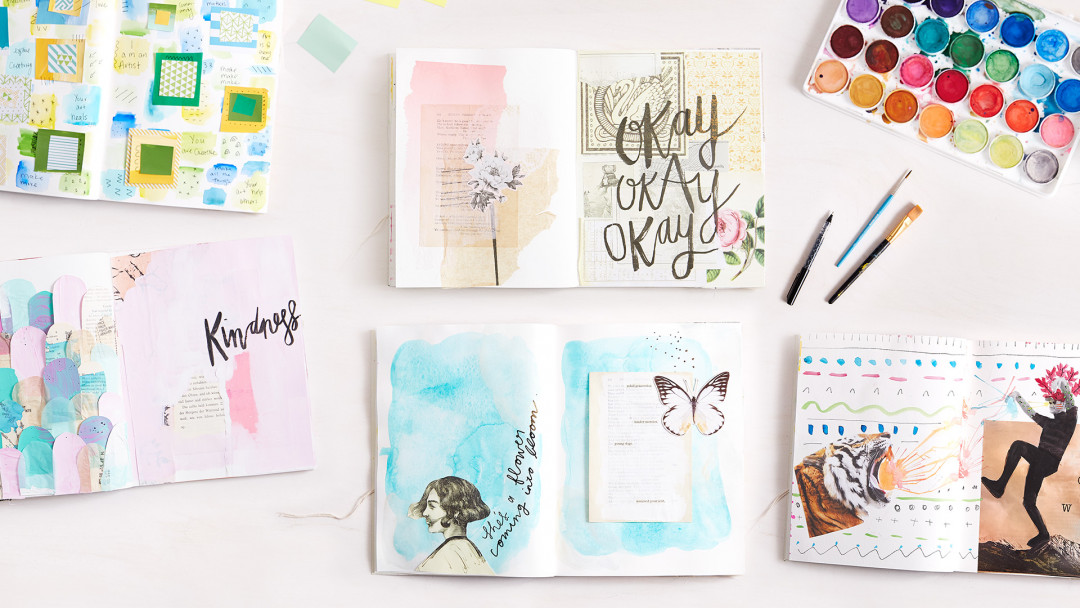
- Write a letter thanking someone who has helped you recently.
- What is your favorite time of day?
- Who is your favorite video game character?
- What is the hardest thing you’ve ever done?
- What is your favorite thing to do on the computer?
- If you were a farm animal, which kind would you be?
- Would you rather have winter or summer weather every day?
- Should a woman take her husband’s last name when she gets married?
- If you were a toy, what kind would you be?
- Does your family go to church? How do you feel when you are there?
- If you could have any new technological device, which would you choose? Why?
- Write about a time when you were really surprised.
- Have you ever saved money for something important you wanted? Did you meet your goal?
- Do you like lectures or class discussions better? Why?
Igniting Inspiration and Creativity in Your Writers
While it seems like subjects such as math and reading often are at the forefront of any educational curriculum, it is important to keep in mind that creative writing is not an extra activity that should only be included when there is time.
Creative writing plays a pivotal role in a writer’s development — not only as a student but also as a well-rounded person who will need to be able to think outside of the box in order to come up with innovative solutions throughout their lifetime.
Knowing the power that creative writing holds you should strive to incorporate this activity into various aspects of your lesson plans.
This is only the first batch of creative writing journal prompts that we have for you. There are a lot more unique, quirky, and innovative prompts on the way, so keep an eye out for additional posts.
- 162 Creative Writing Ideas
- Romance Writing Prompts
- 33 Poem & Poetry Prompts
- Six Steps to Develop the Plot of a Story and 15 Fresh Writing Prompts Ideas
- 10 Jobs for Graduates with a Creative Writing Degree
A Few Brief Thoughts on Creative Journaling (with Students)
Yes!
Through journaling in the classroom, students will find that they more easily connect to the content that you are teaching.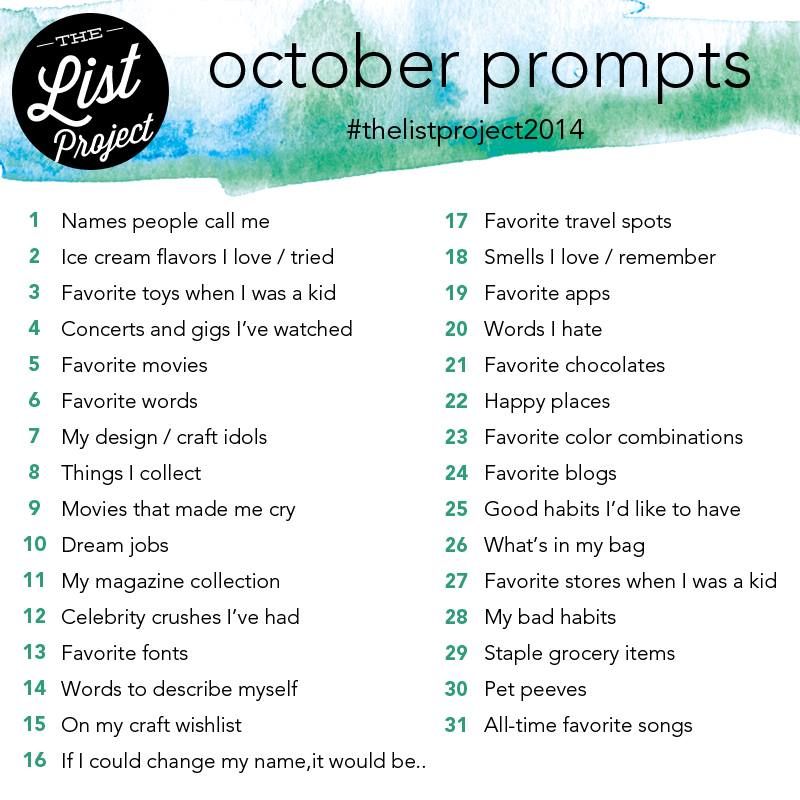
You can select creative writing journal prompts that complement a science curriculum or even a math concept.
Further, you can use creative writing prompts to help students better understand the past and link it to their future, or simply allow them the space to write freely about a given topic.
The key is to get students to write, regardless of the form they choose to express themselves.
Journal Entries to Short Stories to Novels…
It can be tricky to come up with prompts and ideas for your students to use on a regular basis. This is why we have compiled lists of creative writing journal prompts for your writers.
Our creative writing journal prompts are designed to inspire students. They are open-ended prompts that may ask a question or require a student to begin a story with a particular set of characters, yet, writers will have complete and total freedom when it comes to creating their journal entries and finishing their fiction pieces.
These lists of ideas will allow you to pick and choose the journal prompts that work best for your writers (and your classroom) at any given time.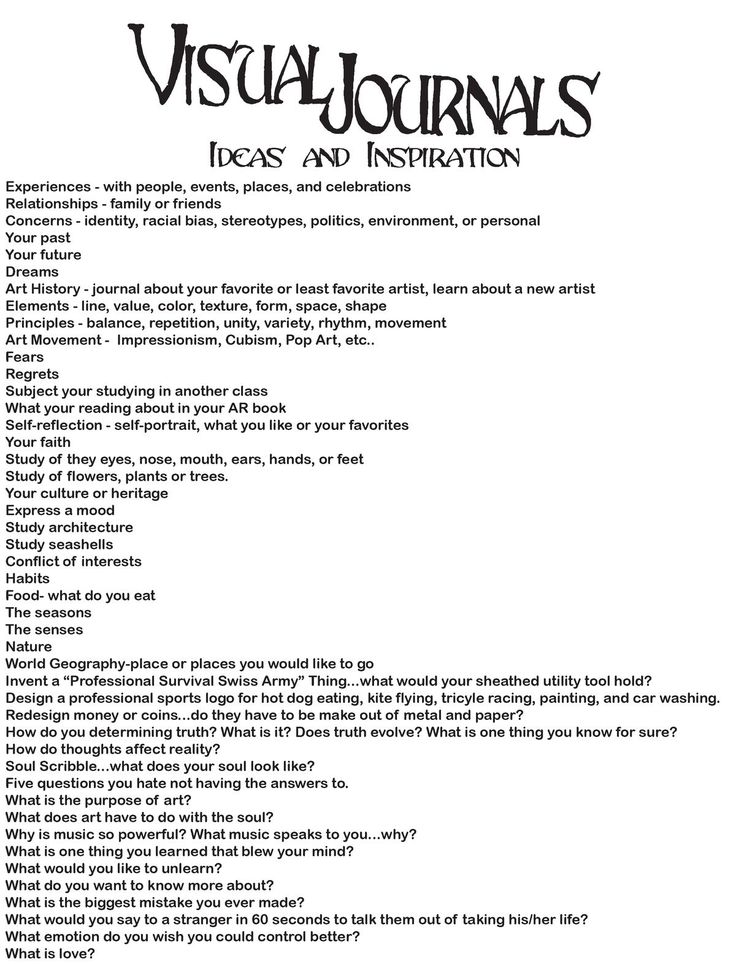
The goal is to offer a prompt that offers enough structure that it prevents a developing writer from struggling with writer’s block but also gives enough flexibility that they can take their journal entry in any direction that they choose.
There is no such thing as too many prompts and ideas, especially when you are trying to help your students develop their writing skills while simultaneously encouraging them to learn to love the writing process.
With the right creative journaling prompts at your disposal, you will prove beyond a shadow of a doubt that writing is simply fun. It won’t be difficult at all to encourage your students to keep on writing!
Until next time, write on…
If you enjoyed these Creative Writing Prompts and Creative Journaling Ideas,
please share them on Facebook, Twitter, and/or Pinterest.
I appreciate it!
Sincerely,
Jill
journalbuddies.com
creator and curator
6.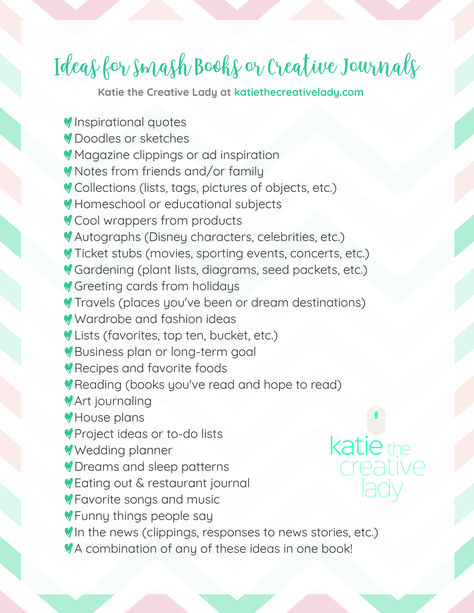 4K shares
4K shares
------------Start of Om Added ---------
Featured Posts
SearchNewly Published Posts
Now Offering You 15,000+ Prompts!
Hello! I’m Journal Buddies Jill. I am so happy you found my blog.
You have discovered an awesome resource of wonderful writing ideas and fabulous journal prompts. Take a look around, enjoy and write on...------------End of Om Added ---------
Tags creative journaling, creative solutions, Creative Writing, creative writing ideas, Creative Writing Prompt Ideas, creative writing prompts, creative-writing-resources, journal prompts, Journaling resources, students, topics, writing, writing promptsHow to keep a diary: 10 tips • Arzamas
You have Javascript disabled. Please change your browser settings.
Course Why people keep diaries and historians read them Audio lectures MaterialsAuthor Ilya Venyavkin
1.
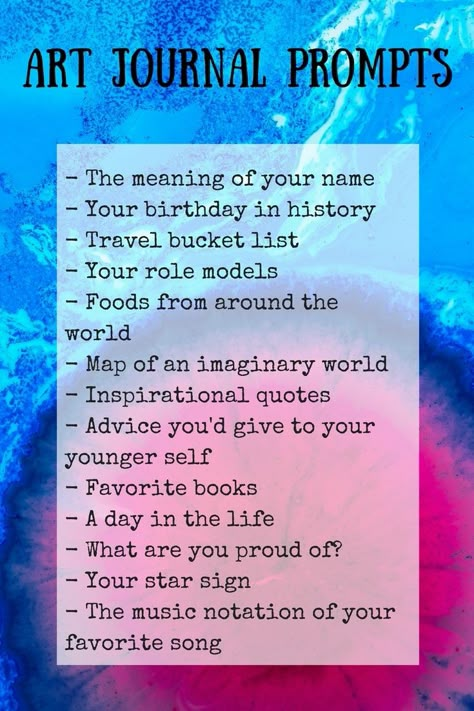 It's never too late to start
It's never too late to start There is no specific time or age when you need to start a diary: you may need it at any time in your life. For example, first-grader Alexandra Ippolitova began to take notes directly in her school notebook. She tried to write down everything that happened to her at school and at home:
A page from the diary of first-grader Alexandra Ippolitova. 1984 © "Prozhito""January 17, 1984 Here and below, fragments of the diaries are given in accordance with the author's spelling and punctuation.
School.
Today at school everyone said that we would have 5 lessons in the class. And I said to myself that we would have three lessons. Because the third lesson was 3 filmstrips and the 4th lesson was the Mosconcert. And in the 5th lesson there was a skiing physicist.
At home.
I forgot!
And an anonymous author from Ust-Narva, whose diary is kept in the archives of the Research Center for Eastern Europe at the University of Bremen (Forschungsstelle Osteuropa), started writing notes a week after his retirement:
"9-VIII-68
I know that the proportion of many who have "gone on a well-deserved rest", - this is how our sentimentally sugary newspapermen and party trade union speakers define pensioners - is unenviable: they are little by little, but still very visibly and tangibly, grow fat, go crazy, get sick and quickly merge with their mother- nature, participating with their remains in the eternal rotation of matter.Salvation is not to lose shape, to do something, to strive for something, to participate in something - while the bowler hat is cooking and the legs are being worn. Keeping a diary is a kind of such work.
2. Short notes are valuable too!
To keep a diary, one does not need to have any literary talent, nor a love for detailed descriptions or introspection - even fragmentary entries can be of value. Emperor Nicholas II kept a diary from the age of fourteen and always did it in a sparse factual manner - regardless of what was happening around - war or revolution. The last entry was made on June 30, 1918 - a few weeks before the execution:
The last entry in the diary of Nicholas II. June 30, 1918 State Archive of the Russian Federation“Aleksey took his first bath after Tobolsk; his knee is getting better, but he cannot straighten it completely. The weather is warm and pleasant. We have no news from outside."
3.
 Use the diary for observations
Use the diary for observations You don't have to wait until something extraordinary happens in your life. Just looking around is enough. Biologist Boris Golov watched birds all his life and wrote down his observations in a diary:
Diary of Boris Golov. 1938 © "Prozhito"May 3, 1938
Grishkov forest. I scared a jay out of a hollow. It is possible that a nest is arranged there. Last year, in the same hollow, there was a jay's nest. Two buzzards fly very low over the forest. A black kite flew by.
Ilya Melgunov, an employee of the Leningrad post office, followed the life of the ficus:
February 5, 1971 years old
Ficus is sick again. Leaves are falling. There are 9 leaves left. Today I took a ficus out of the pot, washed the ground. I planted it again not so tightly for the roots. <…>
February 18
The ficus has only 3 leaves left.I expect the latter will either fall or get better. I suspect a cat - didn’t she go into a pot of ficus?
4. Talk to the diary
It is difficult to establish who first turned to his diary as an interlocutor. One can only say that this practice became popular at the turn of the 18th-19th centuries and arose under the influence of the epistolary genre. At this time, many authors notice that an interesting and trustworthy interlocutor can be not only a pen pal, but also a diary.
Diary of Magdalena van Schinne. Cover of the 1990 edition © Uitgeverij VerlorenIn October 1788, the Dutch girl Magdalena van Schinne, instead of writing and sending a letter to her friend, simply wrote on a piece of paper:
“Oh my paper, you are the only one who will hear my ideas, feelings, worries and joys. Here I can pour out my whole soul; with others, even my best friends, I want to learn how to hide my feelings, or at least I don't want to tell them about myself anymore.
You are my only confidant."
Since then, the diary has repeatedly helped people in a situation where they lacked a reliable and understanding interlocutor.
5. Share experiences with your diary
The diary helps to turn feelings, worries and doubts into text on paper, and therefore look at them from the side. Sometimes it is necessary to take a breath, make a difficult decision or understand something important about yourself.
December 1, 1923 Soviet Komsomol member Valentina Sokolova wrote in her diary:
Diary of Valentina Sokolova.“<…> Now I only think about the future. What will come of me. Am I always going to feel out of place. After all, it is flour. I thought that I love adventures and suddenly everything was shaken. What to do? For what? Yes, and will anything come of it? Am I going to be an extra person? Let's put the last question, I solved it last year and it seems right. And now what to do?
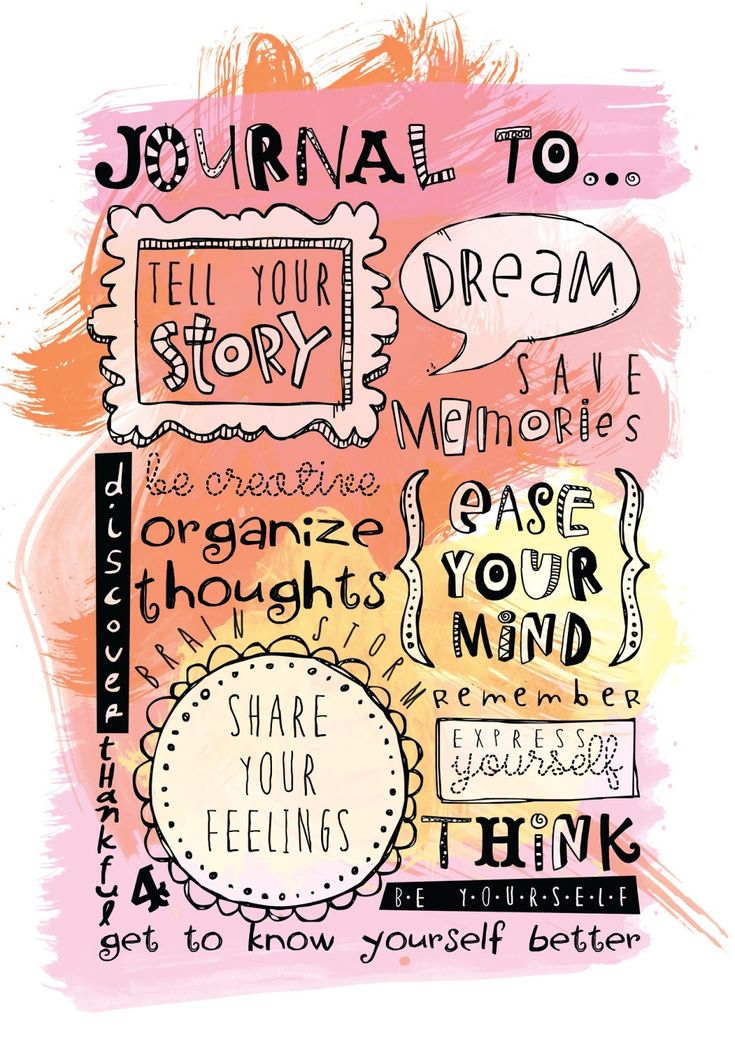 1923 State Archive of the Perm Territory
1923 State Archive of the Perm Territory 6. If you don't like to write, record on the recorder
A diary does not have to be on paper at all: it can be recorded on an audio cassette (this is what the hero of the Rewind podcast journalist Evgeny Berg did) or simply on a smartphone.
7. Or draw, stick on photos, magazine clippings, tickets and anything else you care to keep
A diary is not always exclusively a text that you yourself wrote. In fact, this is an archive of your impressions, into which you, like in a herbarium, paste everything that you do not want to forget.
Anonymous diary. 2000 © ProzhitoSo, in 2000, a fan of the St. Petersburg Zenit pasted portraits of her favorite football players, drawings and a photograph of the Depeche Mode group into her diary.
August 3, 2000
Yesterday I was at Zenith with the girls. It was cool.Zenit - Spartak Alania 2:1. Zenit is a champion!!!
How cool it was.
At the 7th minute, Radimov scored so beautifully from a free kick a goal into the far nine.
Party playlist for football fans and more
Songs that Zenit fans, truckers, and teenagers in the yards listen to and sing
8. If you feel that the records are too personal and may fall into the wrong hands, use the cipher
Portrait of Samuel Pepys. Painting by John Hales. 1666 © National Portrait Gallery, LondonLondon official Samuel Pepys, the author of one of the most famous diaries in history, used a mix of Spanish and French to make it difficult to read fragments about his love affairs.
February 17, 1667
The Mitchels and his wife paid us a visit, we drank and laughed a lot, after which - it was a beautiful evening, the moon was shining - the Mitchels and I went for a boat ride.To my chagrin, I saw how all the way ella huddles a su marido and hides manos, quando yo I try to take one de los - so this evening nothing happened to me con ella. When we landed, I, on some plausible pretense, sent my husband back to the bateau, hoping to snatch a couple of baisers from her; I took it by the hand, but ella turned away, and quando I said: “I can’t tocar te?” - with a slight modo she answered: "Yo no I love it when they touch me." I pretended not to notice this, after which I politely said goodbye, et su marido andar me almost to the micasa, where we parted. Alexander Livergant.
And the Soviet schoolboy Oleg Chernevsky used a self-made cipher from brackets, semicolons and other signs.
Encrypted diary of a schoolboy of the Stalin era
What Oleg Chernevsky wrote about in 1937-1938
9. Don't force yourself to write every day (if you don't feel like it)
The diary must not be regular.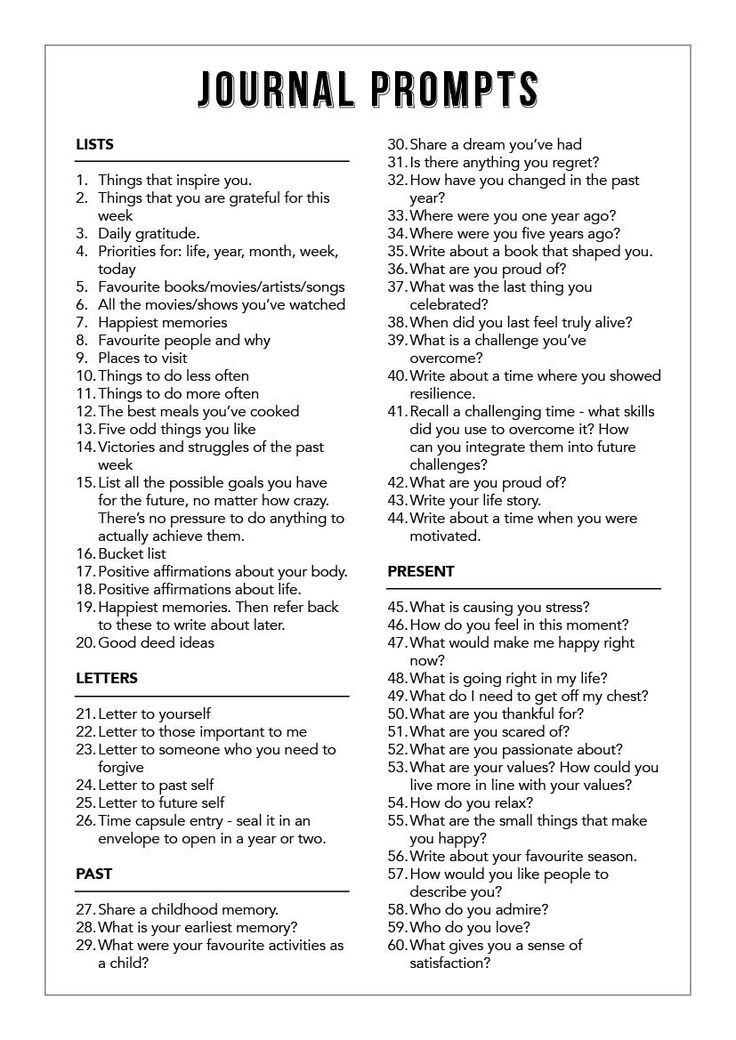 You can contact him when the need arises. For example, Leo Tolstoy kept a diary almost all his life, but in the 1870s he took a break and wrote almost nothing. Or, conversely, always carry a notebook with you and write down everything you see. So did the engineer Eduard Yanovich, who left more than 300 notebooks.
You can contact him when the need arises. For example, Leo Tolstoy kept a diary almost all his life, but in the 1870s he took a break and wrote almost nothing. Or, conversely, always carry a notebook with you and write down everything you see. So did the engineer Eduard Yanovich, who left more than 300 notebooks.
10. Don't worry about mistakes and handwriting
Many diary authors strive for perfect handwriting and literate writing, but it is important that the internal corrector does not kill the desire to write.
Horizontal turner Nikolai Belousov studied a lot, read and was very worried about his mistakes, but still kept a diary.
Spread from the diary of Elizabeth Sarapik © ProzhitoOctober 19, 1937
Weakness in orgonism, but does not quench the burning desire for reading, I read so much that vacationers are surprised. I see myself among them, lonely, and thinking many young women are afraid to speak with doubt, thinking that I am very proud, this can be seen from the stern look.But they, like many people, are easily mistaken when they think this about me. I don't get close just because I don't think I'm worth it."
Tsarskoye Selo resident Elizaveta Sarapik wrote in a completely horrendous handwriting, but Prozhito volunteers were able to decipher her notes.
other useful tips
14 tips on how to record the memoirs of grandfathers or grandmother
How to write an autobiography if you are Lev Tolstoy
How to write Russian literature: 14 Instructions
How to write on birch bark0004
Tags
Instructions
Diaries
Radio Arzamas “I am a specialist in microdiscoveries”
“Scientific Council” in Radio Arzamas: philologist, translator and poet of the Khargargarhivka and archivakh museum , Schubert and Anthony of Surozh, language and our eternal ugliness
Do you want to be aware of everything?
Subscribe to our newsletter, you'll love it.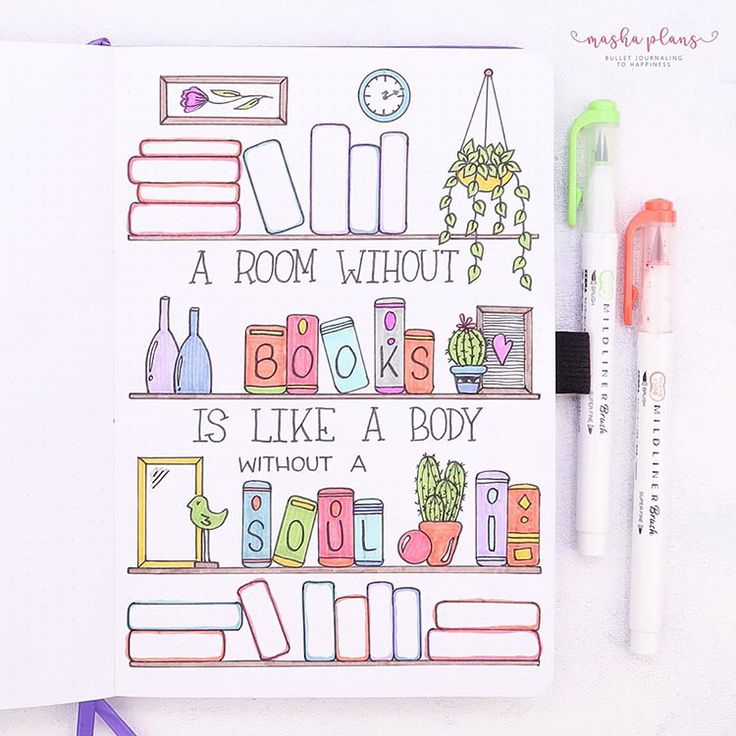 We promise to write rarely and to the point
We promise to write rarely and to the point
Courses
All courses
Special projects
Audio assembly
23 minutes
1/4What is a diary and how it changed
Brief History of the 16th to the 20th century
Reads Ilya Venevavkin
9000 before the 20th century20 minutes
2/4
Diary as a way to become better
How people began to keep diaries to correct their shortcomings, and what such diaries can tell us
Reading by Ilya Venyavkin
How people began to keep diaries to correct their shortcomings, and what such diaries can tell us about
25 minutes
3/4
Can diaries be trusted
Why diaries seem to us very reliable sources information, but in reality they are not always
Reads Mikhail Melnichenko
Why diaries seem to us very reliable sources of information, but in reality they are not always so
18 minutes
4/4
For whom diaries are written
To whom are diaries addressed and is it possible to write a diary only for oneself
Materials
How to keep a diary: 10 tips
An important instruction for those who have always wanted to start a diary, but could not start
7 diaries that are interesting to look at
© Arzamas 2023. All rights reserved
All rights reserved
18 vital tips for keeping a diary
Tips to learn how to keep a regular diary
Perhaps there are still those among us who would not exchange diaries and notebooks for anything to notes on your smartphone. Or maybe this article will inspire you to take your eyes off the screen and arm yourself with a pen? We've put together some journaling tips for you that you might want to write down.
1. Carry your notebook with you at all times
Columbia Pictures
Even if your notes aren't regular, you'll have it handy when inspiration strikes...or when you need to record someone urgently. that number during a call.
2. Take short notes
Warner Bros.
When you were at school or during your student days, you might even have liked to specially look for a beautiful diary or notebook, pick up pens with different inks and make long, long notes, trying to fix every little thing.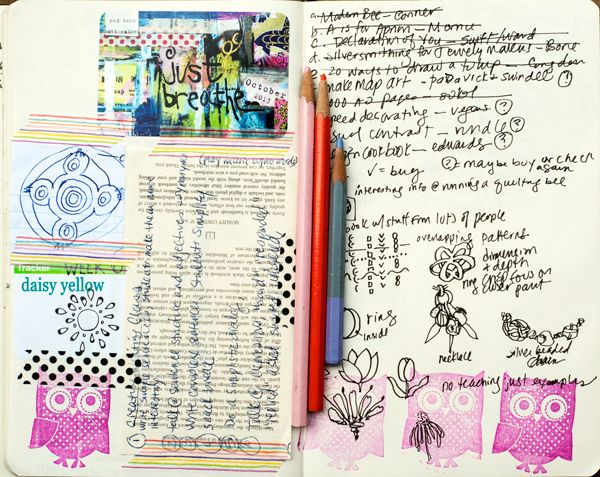 But now you got a job, and there was practically no time left for writing, probably, as well as desires.
But now you got a job, and there was practically no time left for writing, probably, as well as desires.
More than likely you don't want to spend half an hour a day writing a diary. Therefore, in order not to completely discourage the desire to write anything at all, take short notes, writing down a couple of thoughts or things that happened during the day. By the way, a good way to get rid of disturbing thoughts.
3. Use a cheap notebook or album
Bravo
If you buy an expensive beautiful notebook, there are several possible scenarios for the development of the situation: a) you will feel sorry for writing in it; b) you will be afraid to make blots.
As a result, in pursuit of an exemplary diary, you will not be able to fully express your thoughts, take notes, find your writing style. Use a cheap notebook that can get dirty with crossed out lines. In addition, it can be quickly thrown into a bag or backpack without worrying about its condition.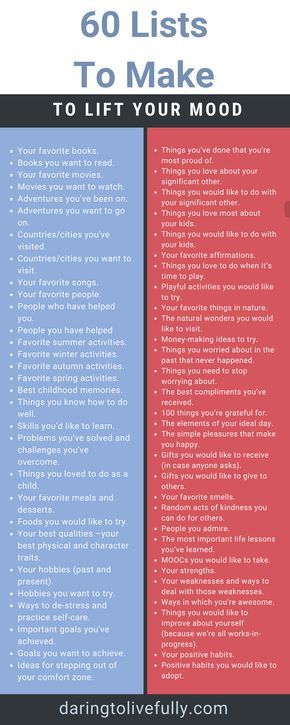
4. As an alternative, be prepared to splurge on the “right” notebook
NBC
If the cheap notebook option is still not for you, buy an expensive alternative. Perhaps it is a beautiful and ideal, in your opinion, diary that will motivate you to keep records every day.
5. Do not write on the front page
Tokuma Japan Communications
Exhale with relief and simply turn the first page. This will relieve you of the pressure and tension of trying to come up with the most correct thing that, in your opinion, is worthy of showing off on this sheet.
6. Don't think about writing every day
20th Century Fox
If you feel like writing in a notebook as a duty, it will be a terrible and subsequently unwanted experience for you. In this case, if you miss a day (which is absolutely normal), it will seem to you that you have failed in this endeavor.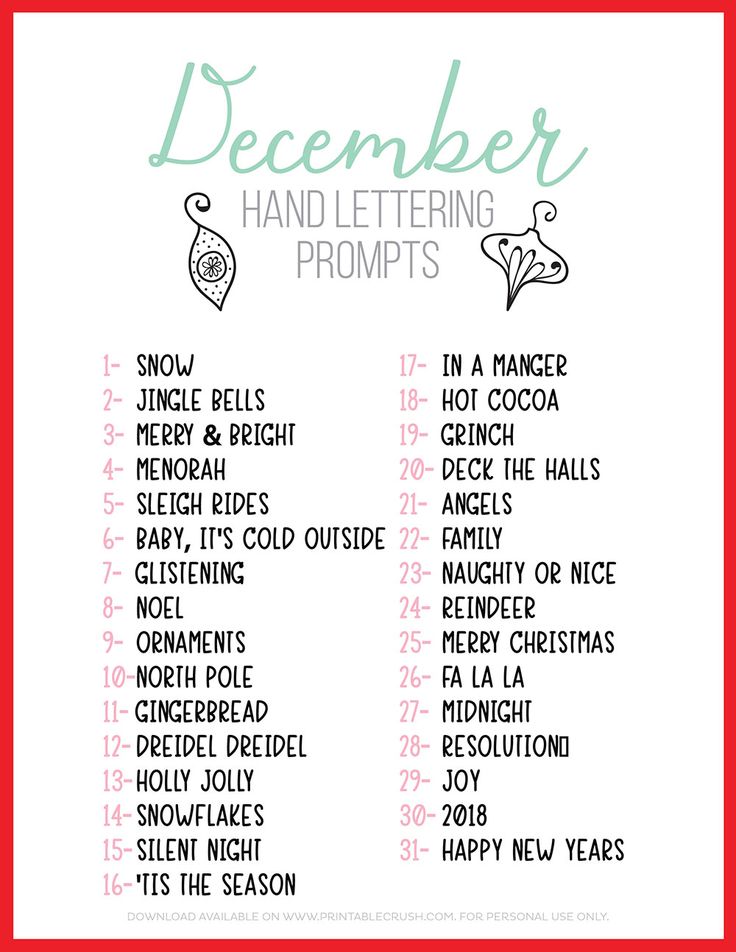 Perhaps you want to write every other day, perhaps once a month. Write as you please, because this is your life and your diary.
Perhaps you want to write every other day, perhaps once a month. Write as you please, because this is your life and your diary.
7. Create a Relaxing Diary Ritual
Disney
If journaling regularly isn't your forte, turn it into a relaxing ritual. For example, buy a cute diary and some colored pens and get into the habit of writing in bed before bed.
8. …or make it part of your daily routine
NBC
You can incorporate note-taking into your daily routine. For example, when you arrive at work in the morning, take a couple of notes before turning on your computer.
9. Take it easy
Nickelodeon
Don't worry about how your diary will look. It is not necessary to spend hours trying to make the page look like a ribbon in ****** or decorating it with stickers, dried twigs and ribbons (unless this is your direct goal). First of all, make the diary functional, and take care of appearance into the background.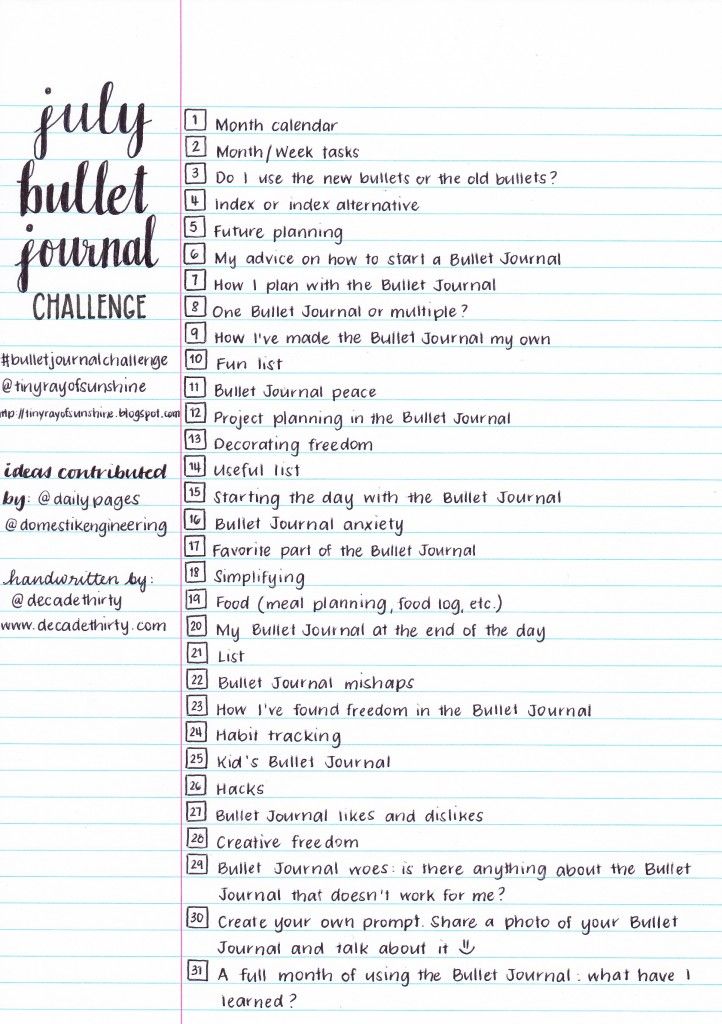
10. Make lists
Cartoon Network / dewogong.tumblr.com
If you're the kind of person who's too busy to journal every day, or just doesn't like making daily entries, make lists. For example, a gratitude diary, a mood or exercise tracker, a list of groceries, favorite movies or books, anything! Thus, you will capture the main points and follow how your day, month, year goes. Plus, it definitely won't take long.
11. Don't torture yourself for mistakes
Fox
Everyone makes mistakes (and we're not talking about spelling here). Don't scold yourself. Transfer your experiences to a piece of paper, getting rid of negative emotions.
12. Create your own layout
giphy.com
Remember: this is just your diary, so make it convenient and useful for you. And design pages and content according to your own style.
13.
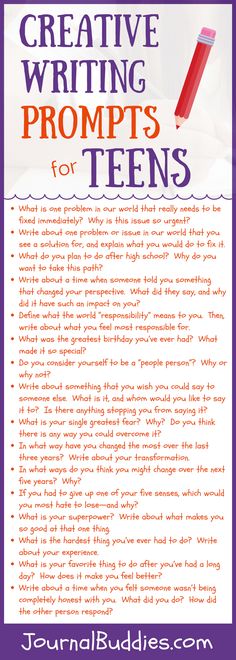 Practice your handwriting
Practice your handwriting
Disney Channel / giphy.com
A cheap, overused notebook is perfect for improving your handwriting or sketching.
14. Use the ruler
Fox
No further comment. You need to draw a line - always use a ruler. It looks much more aesthetically pleasing than the smoothest hand-drawn line.
15. Try Bullet Journal
youtube.com / hellogiggles.com
In simple words, this is a dotted notepad. In such diaries there are no clear framework and rules - you yourself customize the notebook for yourself. Such a system allows you to be creative in maintaining to-do lists, organizing work and personal life, etc. In addition, such notebooks, as a rule, have a very creative design. With such a diary, keeping records will definitely not become a hated obligation.
16. …or many different ways to keep a diary to find one that works
Relativity Media
Explore and try different diary options until you find the right one.